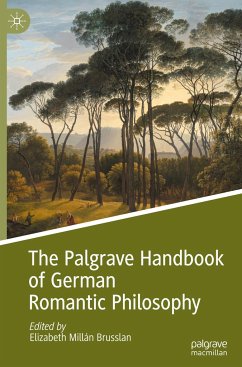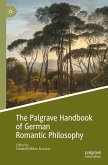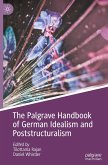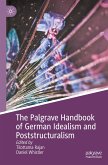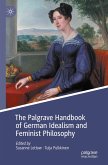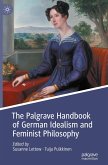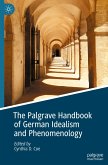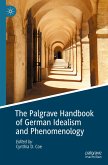This Handbook provides a comprehensive and authoritative analysis of the philosophical dimensions of German Romanticism, a movement that challenged traditional borders between philosophy, poetry, and science. With contributions from leading international scholars, the collection places the movement in its historical context by both exploring its links to German Idealism and by examining contemporary, related developments in aesthetics and scientific research. A substantial concluding section of the Handbook examines the enduring legacy of German romantic philosophy.
Key Features:
- Highlights the contributions of German romantic philosophy to literary criticism, irony, cinema, religion, and biology.
- Emphasises the important role that women played in the movement's formation.
- Reveals the ways in which German romantic philosophy impacted developments in modernism, existentialism and critical theory in the twentieth century.
- Interdisciplinaryin approach with contributions from philosophers, Germanists, historians and literary scholars.
Providing both broad perspectives and new insights, this Handbook is essential reading for scholars undertaking new research on German romantic philosophy as well as for advanced students requiring a thorough understanding of the subject.
Key Features:
- Highlights the contributions of German romantic philosophy to literary criticism, irony, cinema, religion, and biology.
- Emphasises the important role that women played in the movement's formation.
- Reveals the ways in which German romantic philosophy impacted developments in modernism, existentialism and critical theory in the twentieth century.
- Interdisciplinaryin approach with contributions from philosophers, Germanists, historians and literary scholars.
Providing both broad perspectives and new insights, this Handbook is essential reading for scholars undertaking new research on German romantic philosophy as well as for advanced students requiring a thorough understanding of the subject.

